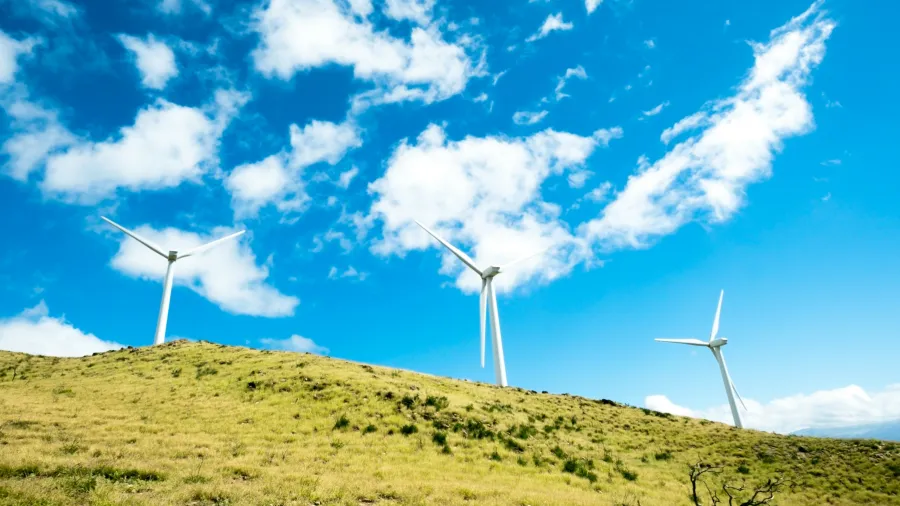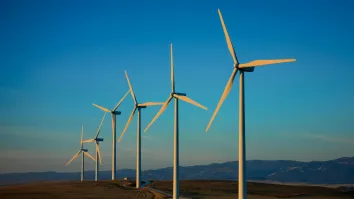
Energy transition accelerates globally but stalls from growth risks
Green energy is estimated to dominate global electricity generation by 2038.
Various energy transitions around the world have achieved critical momentum with continuous progress over the next decade, but several impediments have posed serious risks to its growth, a report finds.
In a study by EY, whilst green energy will dominate global electricity generation by 2038 and account for 62% of the power mix by 2050, the current quick progress is insufficient to keep global warming to its 1.5-degree Celsius target.
As the transition to renewables is moving at a quicker pace from multiple sources, a heavier push is needed to apply renewable energy to four key levers, as modelled by EY, technology advancement, commodity supply, consumer engagement, and government policy.
ALSO READ: Energy watchdog names new accreditation scheme operator
Low-carbon transition technologies will require $4.1t of yearly investments by 2050, four times the current levels. Even as fossil fuel use will peak by the end of the decade through hydrocarbons, policies should help improve invest appeal of low-carbon alternatives and accelerate the decarbonisation journey.
“While change is accelerating, it could easily stall due to the sheer complexity of the challenge ahead. Decarbonising a largely hydrocarbon-powered industrial sector is far more difficult, and our ability to tackle it will determine the ultimate success of the world’s transition to clean energy,” Serge Colle, Global Energy & Resources Leader at EY, said.



















 Advertise
Advertise







